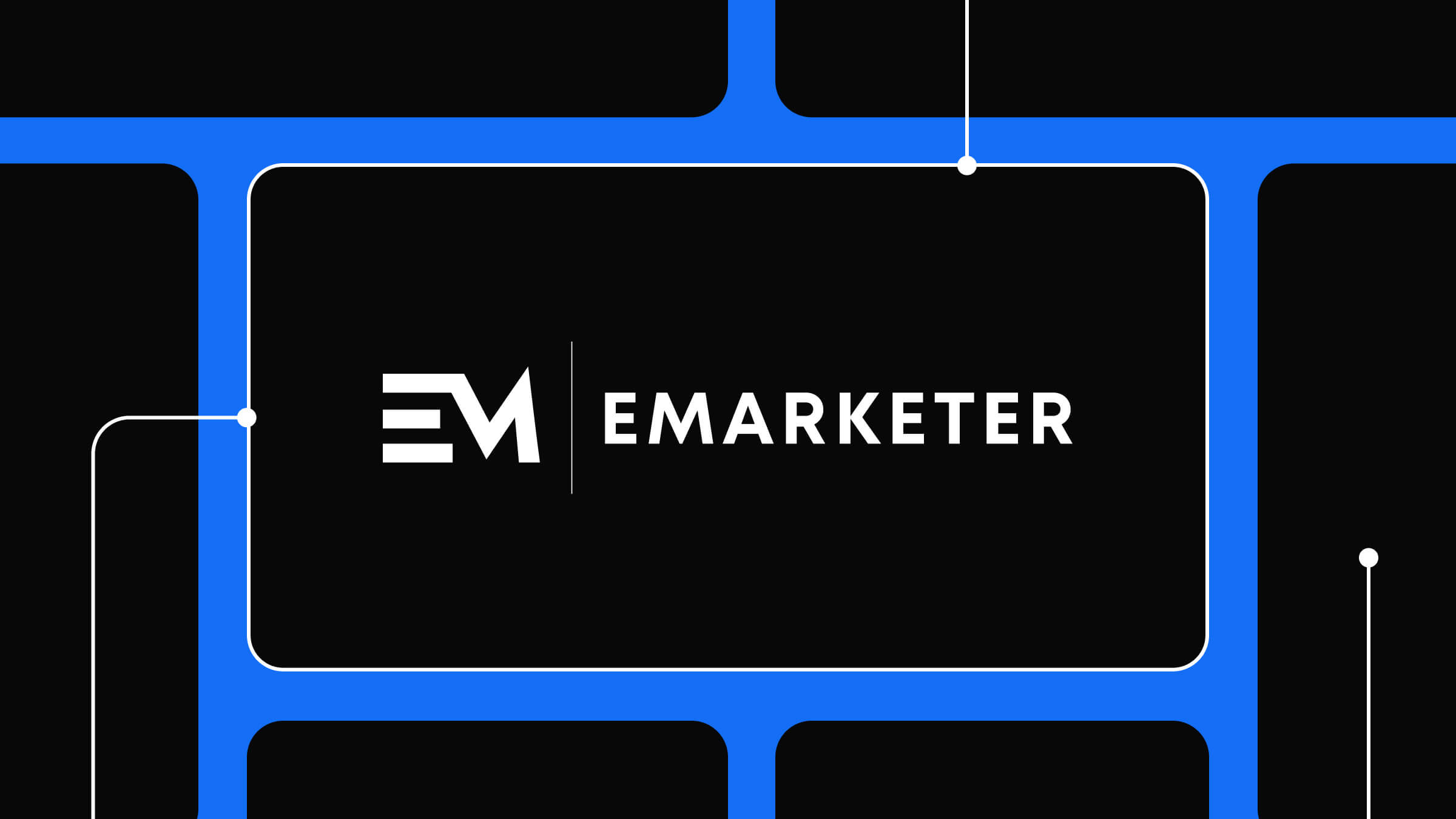Innovative web solutions
Leveraging Webflow for event management

Thank you for downloading!
The ebook opened in a new tab, and we sent a copy of it to your email.
About this ebook
As new technology and ways of working have entered the mainstream, how we build websites and digital experiences at large has massively transformed. As a result, creativity and innovation have become a new currency, and teams that have embraced the art of the possible are the ones that stand out from the crowd — and will likely stand the test of time.
The true value and power of modern web development tools lies in how your team is able to adapt and innovate the functionality to best suit your unique needs. That’s why we’ve taken a page out of our own book to reimagine what’s possible with Webflow, starting with a custom, native events platform.
In this ebook, you’ll learn:
- What it takes to build a best-in-class events program
- How our marketing team assessed our event management needs
- How we extended the power of Webflow to build a custom events platform in just 6 weeks
Schedule a demo
Build better websites — faster — with the power of Webflow. Backed by advanced security, custom traffic scaling, guaranteed uptime, and much more.
Build better websites — faster — with the power of Webflow. Backed by advanced security, custom traffic scaling, guaranteed uptime, and much more.
























